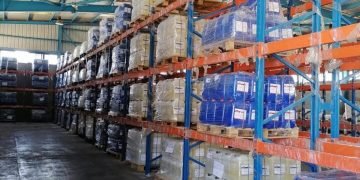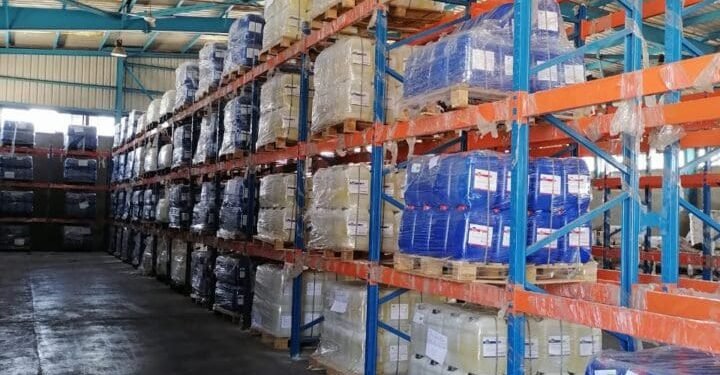The air cargo industry is facing significant challenges as the Trump administration’s tariffs on imported goods continue to disrupt global trade flows. With increased costs and heightened uncertainty, logistics providers and businesses reliant on air freight are grappling with the implications of these trade policies.
Impact of Tariffs on Air Cargo
The tariffs, which target a wide range of goods from key trading partners, have led to higher costs for importers and exporters. These increased expenses are being passed down the supply chain, affecting air cargo rates and overall logistics costs. As a result, businesses are facing tighter margins and are being forced to reassess their supply chain strategies.
Rising Costs and Operational Challenges
The air cargo industry is particularly sensitive to changes in trade policies due to its reliance on high-value and time-sensitive shipments. The tariffs have exacerbated existing challenges, such as rising fuel prices and capacity constraints, putting additional pressure on logistics providers. Companies are now having to navigate a more complex and costly operating environment, which could lead to delays and reduced efficiency.
Uncertainty and Market Volatility
The uncertainty surrounding the tariffs is creating volatility in the air cargo market. Businesses are hesitant to make long-term commitments, such as signing new contracts or expanding operations, until the full impact of the tariffs becomes clear. This hesitation is contributing to fluctuations in demand and making it difficult for logistics providers to plan and allocate resources effectively.
Shifts in Trade Patterns
The tariffs are also prompting shifts in trade patterns, as businesses look to source goods from countries not affected by the tariffs. This could lead to changes in air cargo routes and demand, with some regions benefiting from increased activity while others experience a decline. Logistics providers will need to adapt quickly to these changing dynamics to remain competitive.
Industry Calls for Clarity and Stability
In response to the challenges posed by the tariffs, industry stakeholders are calling for greater clarity and stability in trade policies. Clear guidelines and long-term strategies are essential for businesses to plan effectively and mitigate the risks associated with tariffs. Some are also advocating for diplomatic solutions to trade disputes, emphasizing the importance of maintaining open and fair trade relationships.
The Role of Technology and Innovation
To navigate the current challenges, many logistics providers are turning to technology and innovation. Advanced analytics, real-time tracking, and automation are being used to optimize operations, reduce costs, and improve efficiency. These tools are helping companies adapt to the changing landscape and maintain their competitiveness in a volatile market.
Conclusion
The Trump tariffs have jolted the air cargo industry, creating a challenging environment marked by rising costs and uncertainty. While the full impact of these trade policies remains to be seen, it is clear that logistics providers and businesses will need to be agile and innovative to navigate the complexities of the current landscape. As the industry continues to adapt, the ability to respond quickly and effectively to changing conditions will be key to ensuring long-term success.
This article has been tailored for The Logistic News, offering insights into the impact of Trump tariffs on the air cargo industry and the strategies being adopted to address these challenges.
#AirCargo #TrumpTariffs #GlobalTrade #SupplyChain #Logistics #RisingCosts #MarketVolatility #TradePolicy #Innovation #Technology #Freight #LogisticsNews #EconomicImpact #TradeDisputes #Adaptation























